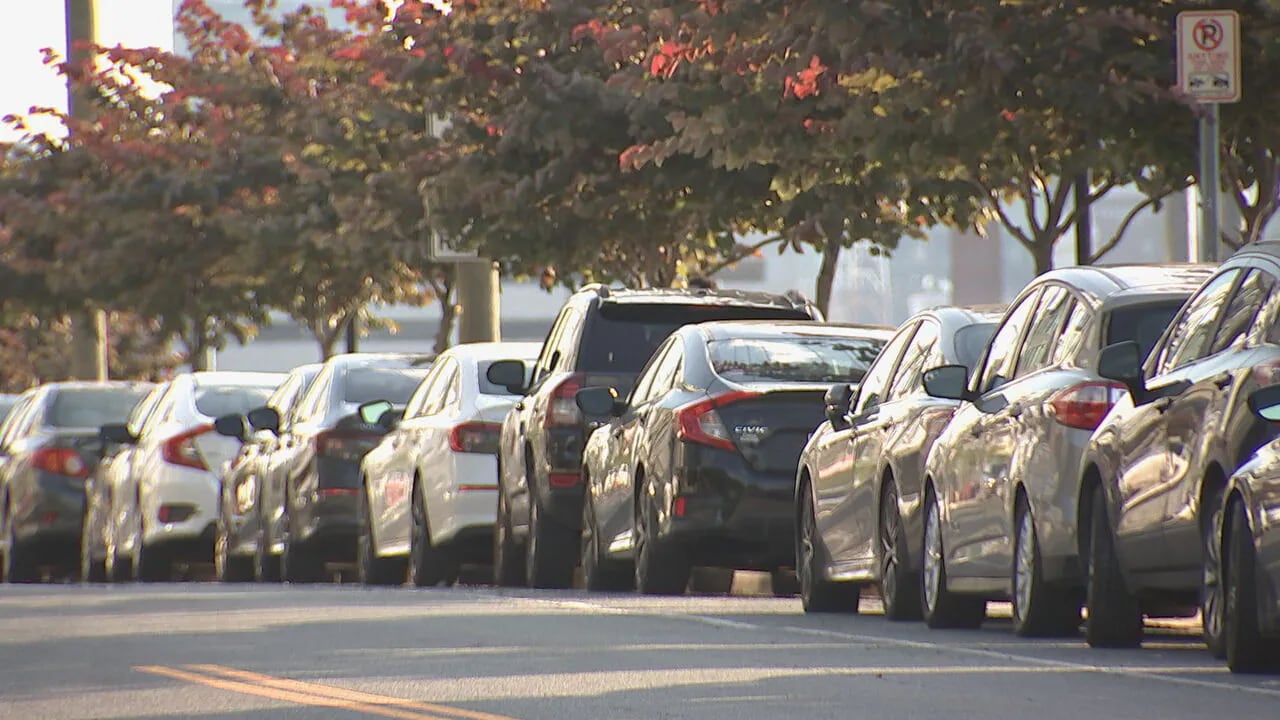Kelvin Alexis Contreras-Avila, a 23-year-old resident of Charlotte, is currently facing a staggering 71 criminal charges in connection with a string of car break-ins and firearm thefts that have shaken the community. According to local law enforcement, Contreras-Avila allegedly targeted dozens of vehicles across Charlotte between April and June 2024, breaking into at least 41 cars and stealing a total of 14 firearms—10 of which were reportedly taken from the vehicles he burglarized.
The suspect was taken into custody early Friday morning following an intensive investigation by police. The long list of charges against him includes breaking and entering motor vehicles, larceny of motor vehicles, felony conspiracy, and larceny of firearms. His arrest marks a significant development in a case that has raised concerns about public safety and repeat offenses in the area.
This is not the first time Contreras-Avila has run afoul of the law. Court records indicate that he had previously been arrested on multiple occasions for petty theft and related offenses. His latest alleged crimes, however, are far more serious and have drawn the attention of both local authorities and community members.
Marcus Philemon, founder of a volunteer organization called Courtwatch that monitors repeat offenders, expressed alarm over the number and severity of the charges against Contreras-Avila. “Something of this magnitude is pretty troubling,” Philemon told local media. He emphasized how the large number of stolen guns poses a danger beyond the initial thefts, as these weapons could potentially be used in other crimes.
Philemon also echoed a growing concern among residents and law enforcement alike—that many gun owners are still unaware of the risks associated with leaving firearms unsecured in vehicles. Police have issued a clear warning: never leave a gun in your car unless it is stored in a properly secured gun safe. Even then, experts recommend removing firearms entirely when possible.
“Sometimes people get in a rush, and it’s convenient to either throw it under the seat or in the console,” Philemon explained. “It’s just not the right thing to do.” He added that such behavior creates easy opportunities for thieves like Contreras-Avila to access dangerous weapons, which can then end up on the streets and used in future incidents.
One of the biggest dangers, according to Philemon, is that once these firearms are stolen, they often disappear into the underground market. “Now you’ve got a number of weapons on the street that they are not going to be traced until, unfortunately, some other crime has been committed,” he said.
Beyond the immediate issue of stolen firearms, Philemon believes the broader legal system must take stronger action against habitual offenders. He pointed out that Contreras-Avila’s youth and history suggest a pattern of behavior that has gone unchecked for too long. “The individual is young, and obviously, he has not been held accountable to this point,” Philemon said. “Until he’s held accountable to a certain degree, he’s just going to continue his behavior.”
Community leaders and law enforcement officials hope that holding Contreras-Avila fully responsible for his actions will serve as a turning point—not only for the defendant but also for how the justice system handles similar cases moving forward. As the legal proceedings unfold, many residents remain concerned about the impact of such crimes on neighborhood safety and the need for greater awareness around securing personal property, especially firearms.







